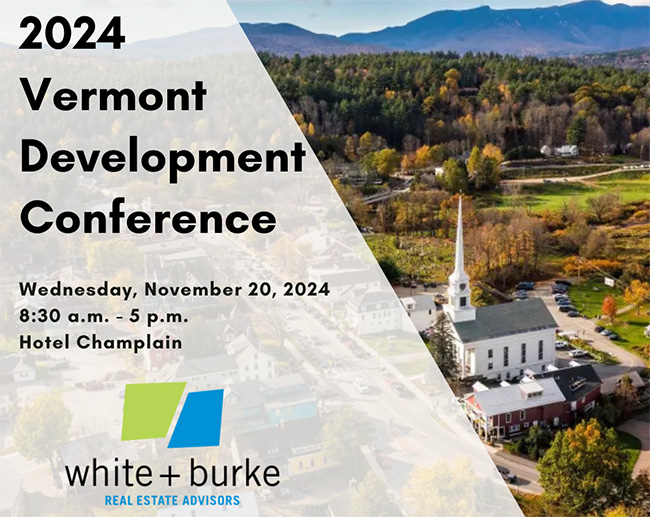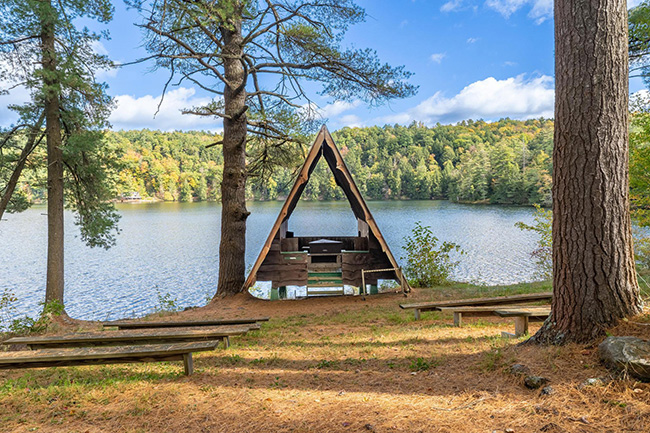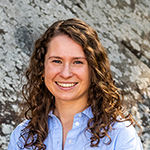 Many Vermont businesses are dedicated to social responsibility and put these values into practice by running a charitable sales promotion in support of local charities, especially during the holiday season. When the promotion involves donations that are driven by a purchase of goods or services (such as donating a certain sum per item purchased or donating an item for each purchased item), these campaigns trigger certain legal requirements that vary by state.
Many Vermont businesses are dedicated to social responsibility and put these values into practice by running a charitable sales promotion in support of local charities, especially during the holiday season. When the promotion involves donations that are driven by a purchase of goods or services (such as donating a certain sum per item purchased or donating an item for each purchased item), these campaigns trigger certain legal requirements that vary by state.
Are you running a charitable sales promotion?
A “charitable sales promotion,” also known as “cause related marketing,” is a campaign where a person or business represents that a certain portion of the price of a good or service sold will be donated to a charity or benefit a charitable purpose, usually for a temporary period of time. For example, your local brewery might donate $1 per drink sold during the month of December to a charity. A charitable sales promotion does not include the following circumstances:
- When 100% of the amount paid for the good or service is donated to charity;
- The business selling the product does not generate a net profit; or
- The promotion does not involve the sale or lease of goods or services.
Are you a commercial coventurer?
A for profit business that runs a charitable sales promotion is a “commercial coventurer,” such as the local brewery in the example above.
What are the legal requirements for a commercial coventurer to run a charitable sales promotion in Vermont?
Each state regulates commercial coventurers and charitable sales promotions a little differently. If you are running a charitable promotion that applies to goods purchased outside of Vermont or online, you could be subject to other state rules.
For promotions in Vermont, commercial coventurers need to ensure that consumers who might be enticed to purchase because of the promotion understand the key terms of the promotion. Any place or time that the business it makes a representation that a purchase will trigger a donation to charity, it must include the following information somewhere close by under Vermont law:
- The name of the charity or charitable purpose that is to benefit.
- The amount per goods or services purchased or used that will benefit the charity, usually expressed either as a dollar amount or the percentage of the amount paid.
- The maximum amount that will be donated to the charity or cause (e.g., up to $1,000).
- Although not specifically required under statute, it’s always a good idea to include the dates of the promotion so consumers are aware of when the promotion starts and ends.
The business also needs to keep records to show that it has complied with these requirements. It’s generally a good idea to have an agreement with the charity you are supporting to make sure you have permission to use their name and that both you and the charity are clear on the amount of proceeds that are going to the charity and when you plan to donate the total amount raised.
The requirements for charitable sales promotions in Vermont are less onerous than many other states. For example, several states require contracts with charitable partners and specific registration of commercial coventurers as well as pre-registration and reporting on each promotion. If you are a business that wants to run a charitable sales promotion in Vermont or online, or have questions about compliance, please reach out to Victoria Westgate or Megan Grove in our advertising and consumer protection practice group.
 Attorneys
Attorneys 
 Outright Vermont
Outright Vermont
 “Clean” claims are ubiquitous in the beauty industry, as the National Advertising Division (NAD) recently recognized, but there is no single definition of what it means to be a “clean” product. Some companies have been challenged for their “clean” claims, and two recent decisions by the NAD and a federal court have shed some light on what a company needs to support a “clean” claim.
“Clean” claims are ubiquitous in the beauty industry, as the National Advertising Division (NAD) recently recognized, but there is no single definition of what it means to be a “clean” product. Some companies have been challenged for their “clean” claims, and two recent decisions by the NAD and a federal court have shed some light on what a company needs to support a “clean” claim. The
The  In a long awaited move, the
In a long awaited move, the 
 Burlington, VT – SRH Law is pleased to announce that
Burlington, VT – SRH Law is pleased to announce that